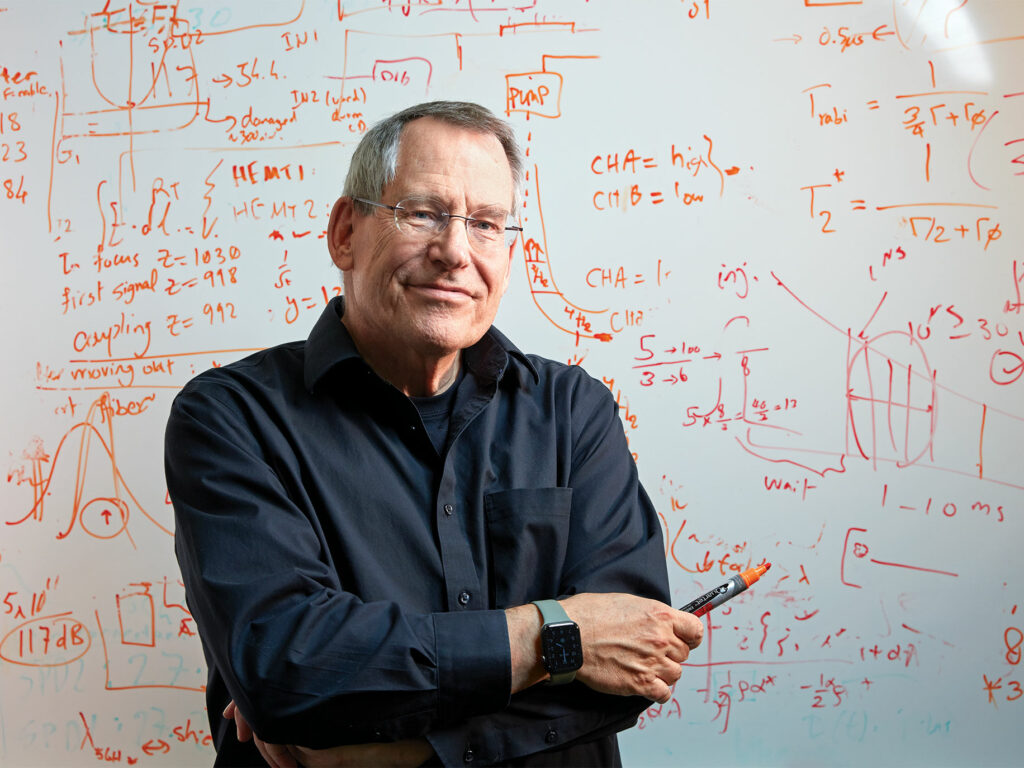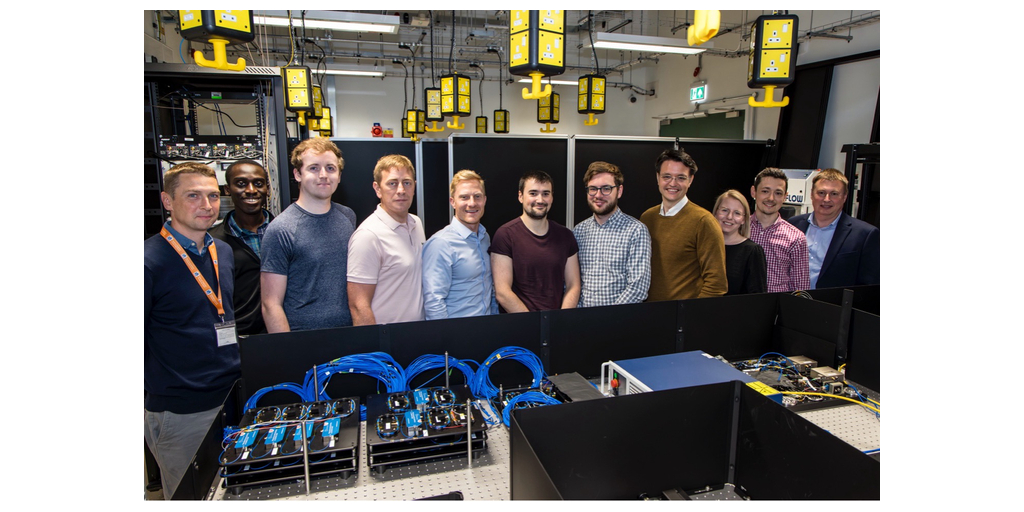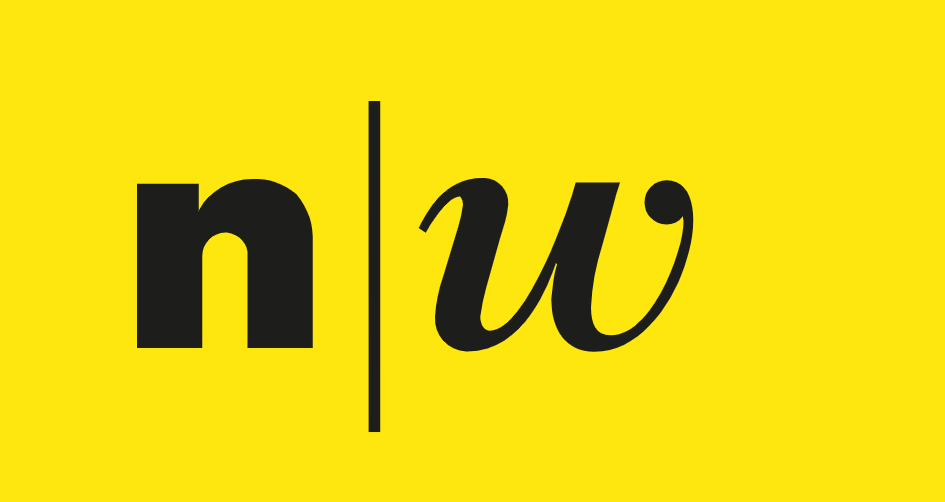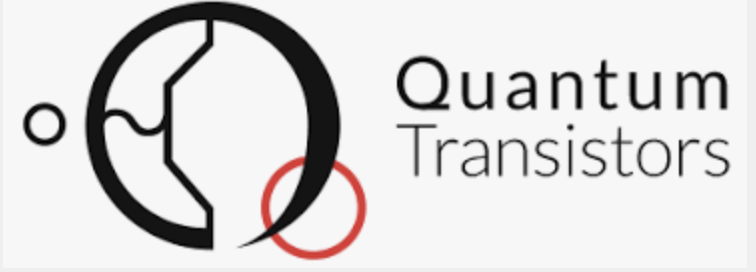Insider Brief
- Intel offered a glimpse into its innovations around quantum, AI and neuromorphic computing at the Intel user conference — Intel Innovation.
- Intel announced the Intel Quantum SDK, designed to help developers learn how to program quantum algorithms. It’s available through Intel’s cloud service.
- Company executives also detailed progress toward post-quantum cryptography, a part of Intel’s three-phased approach to address threats posed by quantum computers.
Keep updated on the industry by checking out recent quantum computing news.
PRESS RELEASE — Intel illustrated on Day 2 of Intel Innovation how its efforts and investments to foster an open ecosystem catalyze community innovation, from silicon to systems to apps and across all levels of the software stack.
Through an expanding array of platforms, tools and solutions, Intel is focused on helping developers become more productive and more capable of realizing their potential for positive social good. The company introduced new tools to support developers in artificial intelligence, security and quantum computing, and announced the first customers of its new Project Amber attestation service.
“We are making good on our software-first strategy by empowering an open ecosystem that will enable us to collectively and continuously innovate,” said Intel Chief Technology Officer Greg Lavender. “We are committed members of the developer community and our breadth and depth of hardware and software assets facilitate the scaling of opportunities for all through co-innovation and collaboration.”

Quantum and Post-Quantum
For those ready to take their acceleration needs a step into the future, Intel announced the Intel Quantum SDK, designed to help developers learn how to program quantum algorithms and start bringing this nascent technology to its full potential. The beta version is now available through the Intel Developer Cloud.
Lavender also detailed progress toward post-quantum cryptography, a part of Intel’s three-phased approach to address threats posed by quantum computers outlined at Intel Vision in May. Recent developments toward standardization and raising the urgency of opportunities and risks “are major steps forward for our industry as it prepares to be Y2Q-ready or quantum-resistant by 2030,” Lavender said. “Many believe Y2Q will have a bigger impact than the ‘millennium bug’ in the year 2000.”
Accelerating Innovation in AI and Neuromorphic Computing
One benefit of open technology is that it can be combined into myriad solutions from vendors and customers with varied specialties. Red Hat Chief Technology Officer Chris Wright joined Lavender on stage by video to announce that Red Hat’s OpenShift Data Science has “integrated with Intel’s AI portfolio so developers can train and deploy their models using Intel’s AI Analytics Kit and OpenVINO tools.”
Red Hat is working to make the Habana Gaudi training accelerator available on its service to deliver “cost-efficient, high-performance, deep-learning model training and deployment – all as a managed cloud service.” Wright also announced the launch of a joint Intel and Red Hat AI Developer Program, aimed to “help developers easily learn, test and deploy models using Red Hat OpenShift Data Science and Intel’s integrated AI and edge portfolio.”
As part of Intel’s goal to bring neuromorphic technology to commercial reality, Intel Labs announced new tools for developers including Kapoho Point, a stackable multi-board platform based on the Loihi 2 research chip, updates to its Lava open software development framework and the addition of new members and eight Intel-sponsored university projects to the Intel Neuromorphic Research Community (INRC).
Another way Intel has long nurtured future innovation is through education and partnerships with academia. Today, the company announced the Intel Rising Star Faculty Award program, which recognizes early-career faculty whose innovative and disruptive ideas are making significant contributions to either research or education within the semiconductor and computing industry.
This year’s winners hail from 15 institutions around the world, chosen for demonstrating advancement not only in research from AI to quantum materials but also innovative teaching methods and inclusion of underrepresented minorities and women in computer science and engineering.
For more market insights, check out our latest quantum computing news here.




















